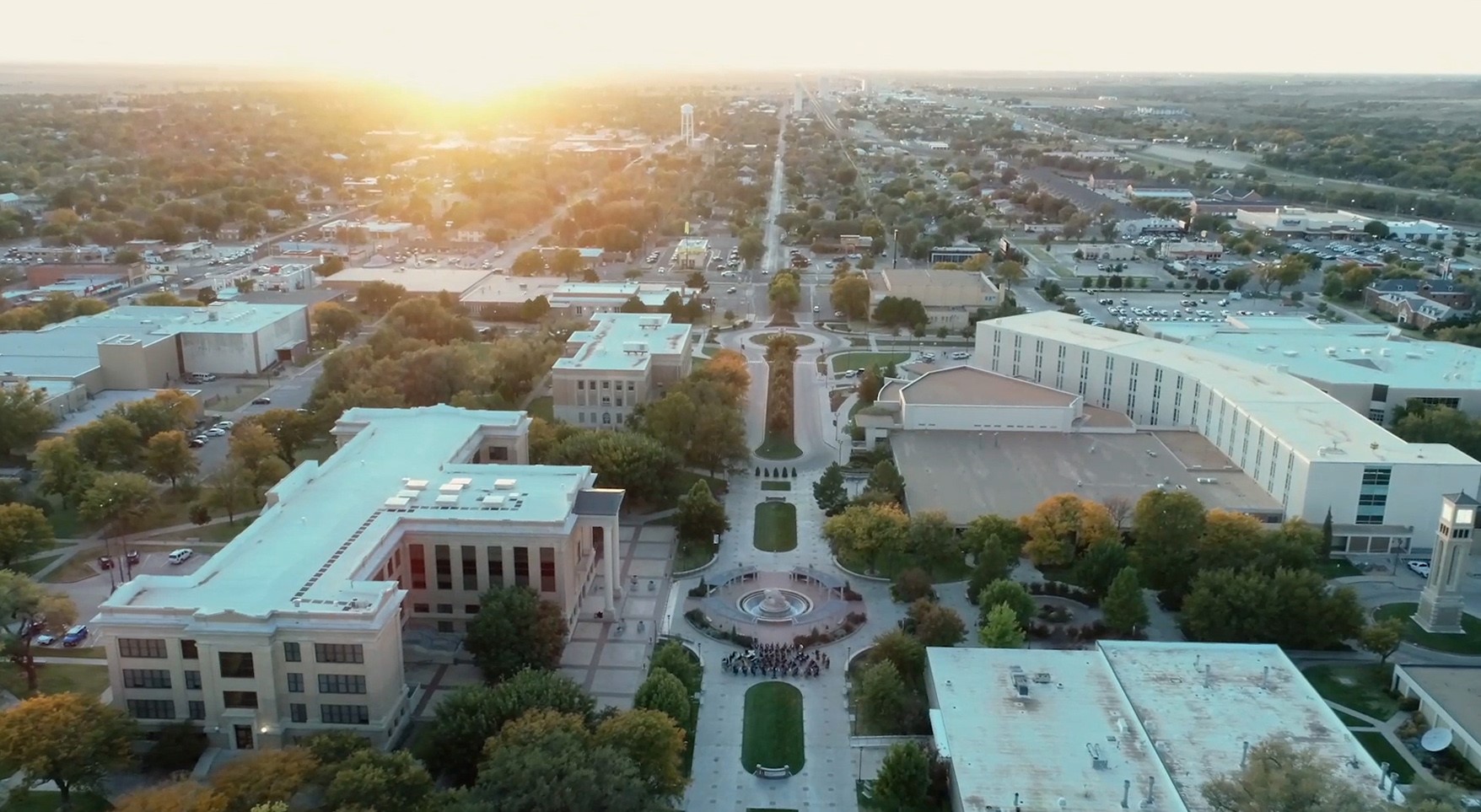
Our Rural Communities
Rural folks produce the food, fuel and fiber that powers our state and nation. Texas dwarfs all other states in the nation in the number of beef cows produced, with over 4.6 million. Texas ranks fourth nationally in milk production,…






